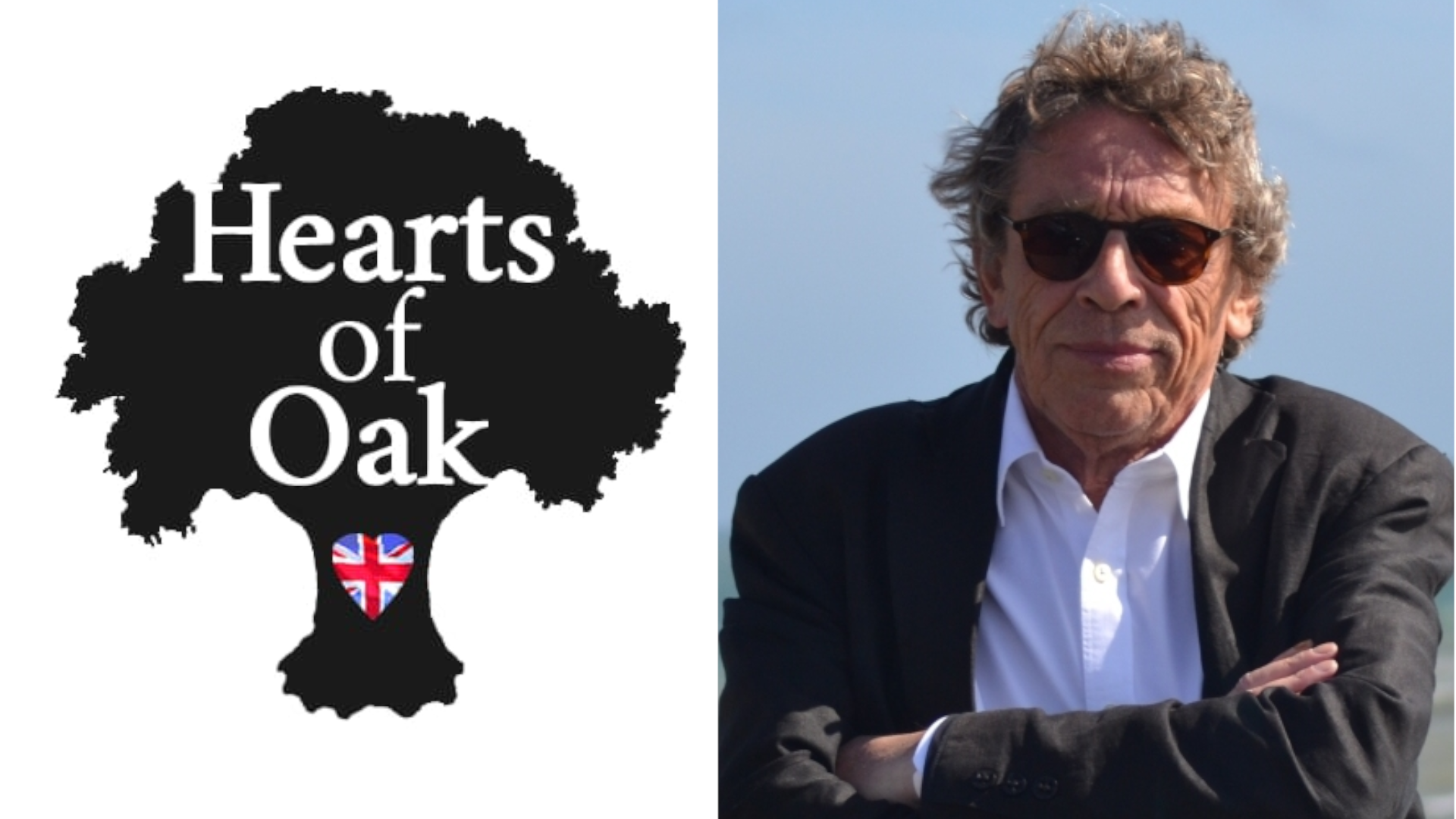‘All the English want is a chance to attend to their own affairs’
The pathetic ‘Stay Alert’-’Stay At Home’ scrap between Britain’s prime minister and the first ministers of the devolved Scottish, Welsh and Ulster governments brings to the surface a problem that’s been simmering just off the radar in the increasingly incompatible union we call the United Kingdom. It’s the English question or, looked at from south of the border and east of Offa’s Dyke, the Celtic problem. It’s one that neither of the two main Westminster parties – let’s leave the so-called Liberal (Bollocks to the 17.4 million) Democrats out of it – wants to think about. For the Tories, the union is – inexplicably – “precious”; Labour cannot hope to win a Commons majority without the seats it has lost to the Scottish Nationalists.
The difficulty was outlined in 2018 by John Denham … a Labour MP on the party’s sane wing from 1992 to 2015, a minister in the Blair and Brown administrations, and now Professor of Knowledge Exchange and director of Winchester University’s Centre for English Identity and Politics. In a lecture on the identities, politics and governance of England, he noted:
“England is now the only part of the UK governed permanently on most domestic policy by the UK government, not by its own elected parliament or assembly. It’s the only un-reformed element of the old imperial parliament. Reform that started with the division of Ireland in the 1920s and continued when Scotland and Wales took authority from Westminster at the turn of the 20th century, has not yet touched England. The Commons does not provide a forum and focus for the politics of England … There is no crucible for England’s national debate.”
It’s a question that’s also been raised Cambridge University Professor Robert Tombs, whose 1,000-page The English and Their History has been lauded by even the Guardian as a work of “resounding importance to contemporary debates”.
Blair’s devolution strategy, with new powers for national parliaments in Edinburgh, Cardiff and Belfast, he says, was a solution to political difficulties outside England. “At first, the problem was ignored by the English public. But as the Scots mysteriously acquired much-trumpeted advantages in health care and university education – with over 20 percent more spent on public services per head – the disadvantages of being a nation without a state began to dawn.”
That growing sense in this state-less England of discontent with the new devolution arrangements fed into a pipeline of bubbling grievances: public spending cuts after the 2008 crash; a realization that Scottish and Welsh nationalists, and Northern Ireland MPs, could be power brokers at Westminster; uncontrolled immigration from the EU; an awareness of the supremacy of EU laws … all of which contributed to the Brexit vote that so appalled those accustomed to governing Britain – and Europe – from a business class cabin at 35,000ft.
“It is the ultimate irony”, says Denham, “that the architects of England’s suppression are now seeing an angry England taking the whole union out of the EU, against the wishes of the majority in the devolved nations. The defenders of the union have triggered unprecedented threats to the continuation of the union itself. Instead of blaming a supposed English nationalism, it is time that they confronted their own responsibility for the current situation.”
The reference to the European Union is not insignificant; it was in England – the nation that has more than 80 percent of UK’s population and produces more than 80 percent of GDP – where the Leave vote was several points higher than the UK-wide margin. A crusading journalist who might have understood what is at play now was W. T. Stead, who exposed among other iniquities the scandal of child prostitution in London. He turned his mind in 1893 to Anglo-Irish relations, writing: “All the Irish want is that the House of Commons shall again affirm its devotion to Home Rule. All the English want is a chance to attend to their own affairs.” If given that chance, if the UK’s lopsided devolved structure isn’t fixed, don’t bank on the English – coming out from under Britannia’s skirts – not taking it, gifting their neighbouring nations with independence they might, if push comes to shove, not want or be able to afford.
David Kernek

